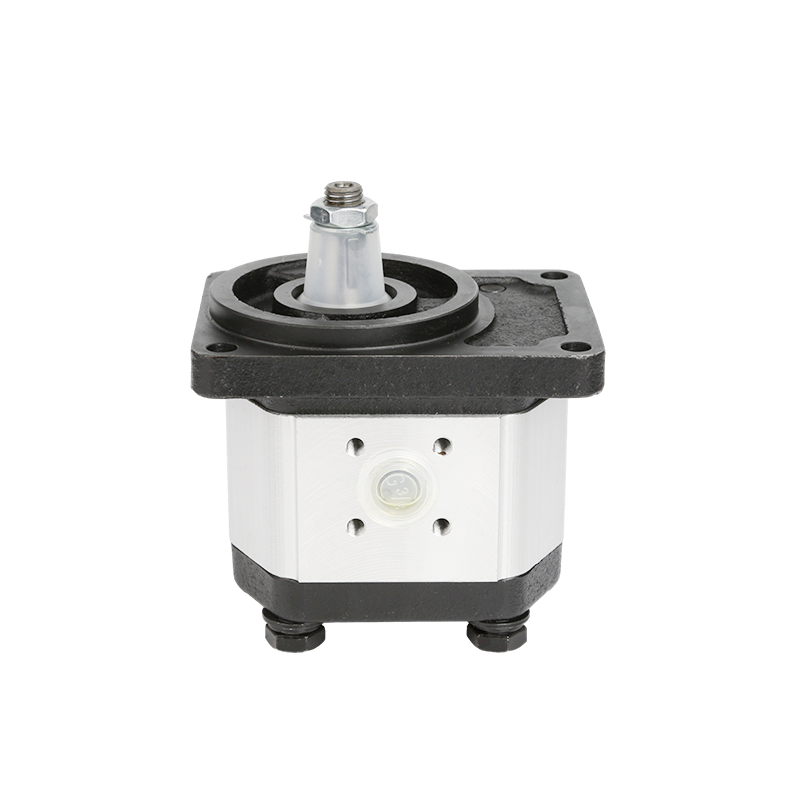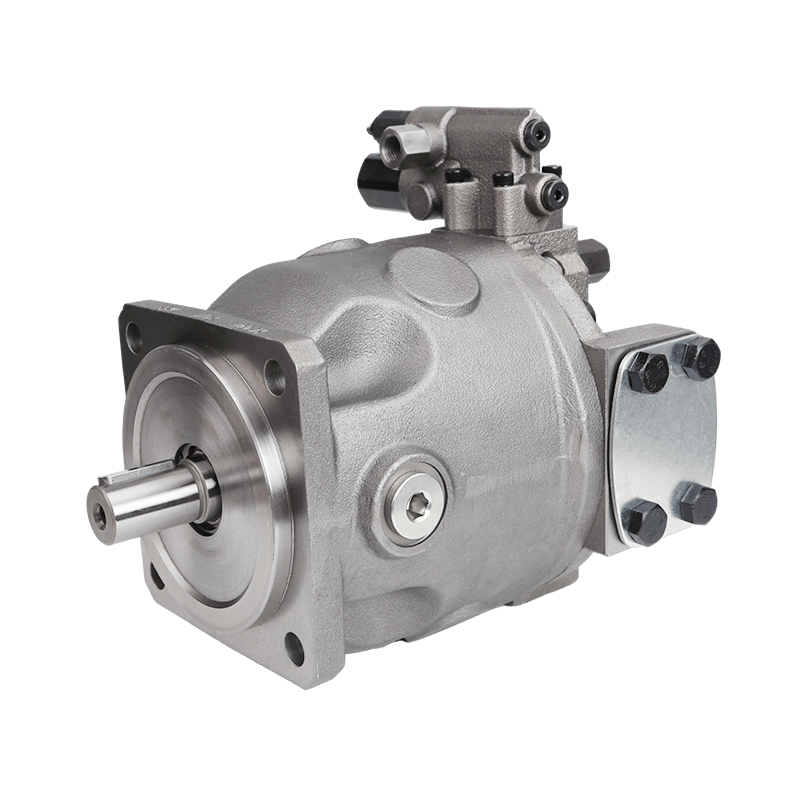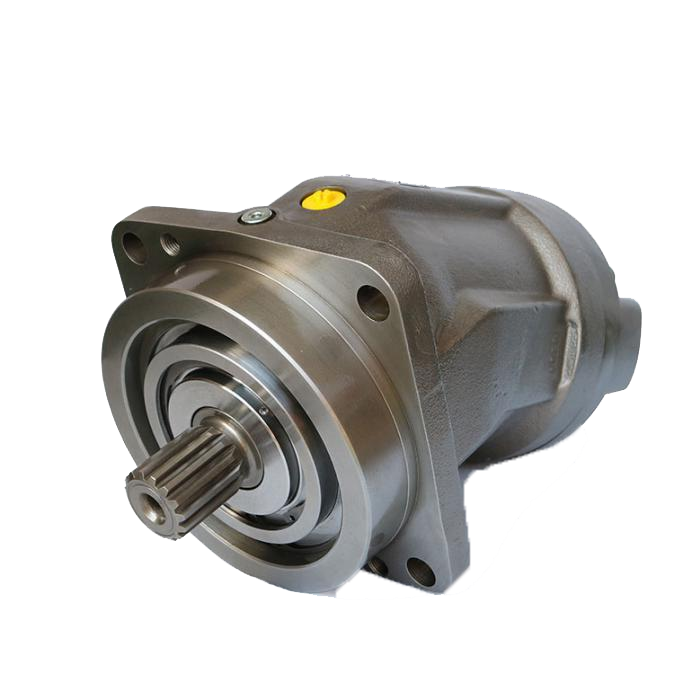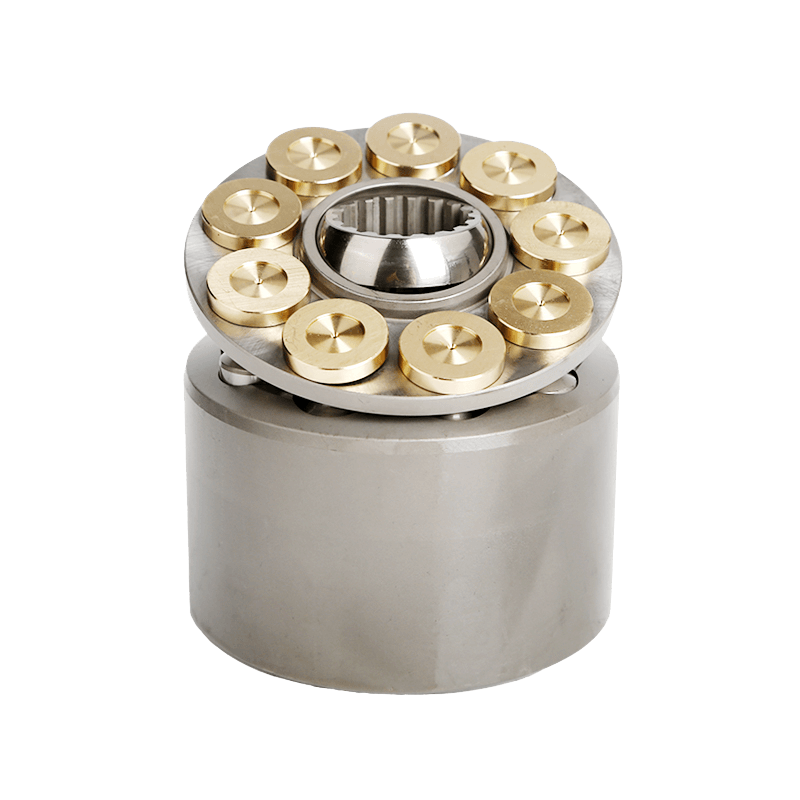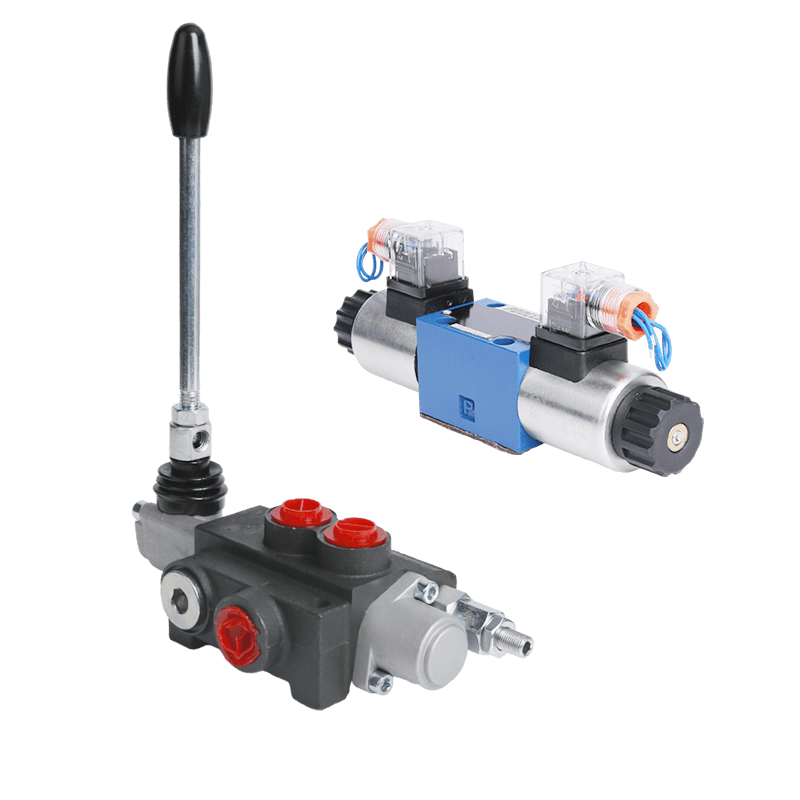الأنظمة الهيدروليكية are the backbone of many industrial and mobile applications, providing efficient power transmission through fluid mechanics. One of the most fundamental choices in designing a hydraulic system is deciding between an open loop or closed loop hydraulic circuit. Each configuration has its own set of operational principles, advantages, and trade-offs. Understanding the difference between open loop vs. closed loop hydraulic circuits is essential to ensure you are using the best circuit design for your hydraulic system.
What Is an Open Loop Hydraulic Circuit?
و open loop circuit is where the inlet to the hydraulic pump and the return flow on the hydraulic motor or actuator are connected to the hydraulic fluid reservoir. The pump supplies a continuous flow of fluid through the system. This type of circuit often includes using directional control valves to regulate the flow and system pressure to actuators. Open loop circuits are commonly used in systems that operate with cylinders or other non-motor actuators.
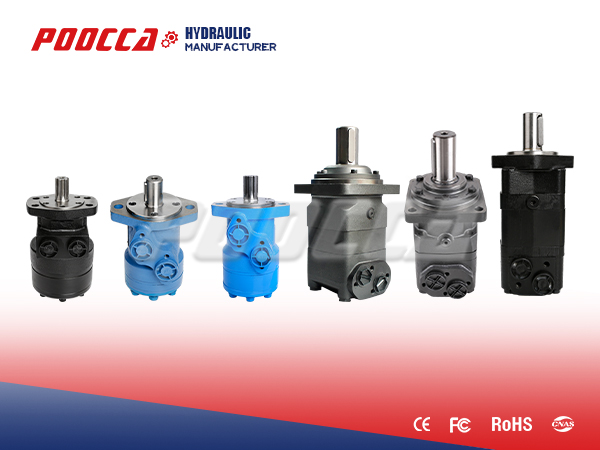
Advantages of an Open Loop Circuit
Open loop hydraulic circuits offer several benefits:
Ideal for hydraulic systems that operate at lower pressures
System runs cooler since heat is dissipated in the reservoir
Can use multiple control valves in a series
Provides more flexibility in system design
Reduced risk of fluid contamination
Only option for circuits that contain actuators other than motors
Cost less to configure and design
Easier to maintain
These characteristics make open loop systems suitable for general industrial machinery and applications requiring simple control mechanisms.
Disadvantages of an Open Loop Circuit
Despite their benefits, open loop systems have limitations:
Fluid reservoir must be large enough to allow for proper fluid cooling
Hydraulic system could generate excessive heat if the reservoir is too small
Complex open loop systems can be more challenging to troubleshoot problems
These drawbacks must be considered during system design, especially in high-duty cycle applications.

What Is a Closed Loop Hydraulic Circuit?
A closed loop circuit system for hydraulic pumps is also called a hydrostatic drive. The fluid flows in a closed circuit through a piston pump, and then the motor, and it is returned to the piston pump without passing through the reservoir.
There is often a pressure control relief valve where hot fluid can escape when needed. Most closed loop circuits also use a gear pump as a charge pump to draw cooler fluid from the reservoir, to make up for case drain leakage, directly into the piston pump.
This configuration allows for more compact designs and precise control, making it ideal for mobile equipment.
Quantitative Pros and Cons Analysis Concept
Closed loop systems are particularly effective where performance metrics such as pressure stability, compactness, and directional control are critical. Well-suited for drive applications and hydrostatic transmissions, these systems enable engineers to optimize power density while reducing external plumbing.
Advantages of a Closed Loop Circuit
Key benefits include:
Works well with higher pressures and pumps
Systems run at much higher pressures than most
Less fluid required; majority of fluid contained inside
Direction of can be reversed
Lost fluid is replaced by fluid supplied to the main pump via the charge pump
Allows system designers more flexibility in designing system controls
Provides precise motor control in a light-weight, compact design
These features make closed loops ideal for high-performance tasks such as wheel drives on construction machinery.
Disadvantages of a Closed Loop Circuit
However, there are trade-offs:
Operates at a higher operating temperature
Higher risk of fluid contamination
Costs more to configure and design
High-pressure hydraulic fluid filtration necessary
These factors add complexity and cost but may be justified by performance gains.
Which Circuit Is the Best?
The optimal choice between open and closed circuit configurations depends on application requirements. An open loop pump configuration is best for systems that will be supplying non motor actuators such as cylinders or rotators. Conversely, closed loop systems can be better for wheel and track drive motors on mobile machines and mobile equipment.
Hybrid solutions combining both types may also be considered for complex machinery requiring diverse actuation methods.
FAQ
What’s the main difference between open and closed circuits?
Open circuits return oil to a reservoir; closed circuits recirculate oil within a sealed path between pump and actuator.
Which type handles high pressure better?
Closed loops operate efficiently at higher pressures than open loops.
Are maintenance requirements different?
Yes. Open loops are easier to maintain due to simpler layouts; closed loops require advanced filtration due to higher contamination risks.
Can I mix both types in one machine?
Yes. Hybrid designs utilize both configurations depending on function-specific needs.
What should I consider when choosing?
Evaluate actuator types, required control precision, thermal management needs, space constraints, and cost considerations.
Get Your Hydraulic Pumps from POOCCA
For over two decades, POOCCA HYDRAULIC (Shenzhen) Co. ، Ltd. has been delivering top-tier hydraulic solutions across global markets. POOCCA Hydraulics has continued to grow and innovate in the field of hydraulics. We have won the trust of domestic and foreign manufacturers and established strong corporate partnerships.
With four facilities across China totaling over 8,000 square meters—including advanced CNC gear grinders, automatic inspection systems, CAT testing machines—POOCCA provides unmatched quality assurance. We have invested in the most advanced manufacturing equipment These advanced tools enable us to offer a wide range of hydraulic products for applications in construction, agriculture petroleum and material handling.
Whether you’re sourcing gear pumps like our Ronzio Z3 Series or high-efficiency piston pumps like Rexroth A10VSO or A22VG models designed specifically for open or closed circuits respectively—POOCCA delivers excellence with every unit. Our committed and skilled team enable us to deliver cutting-edge hydraulic solutions
With 1,600 product categories including vane pumps, motors, valves, accessories—and export coverage across 100+ countries—POOCCA offers both variety and reliability under one roof. Choose POOCCA today for your next hydraulic pump solution backed by 26 years of industry expertise.

